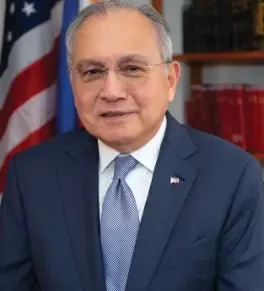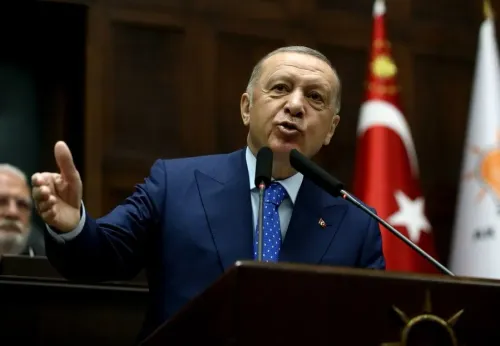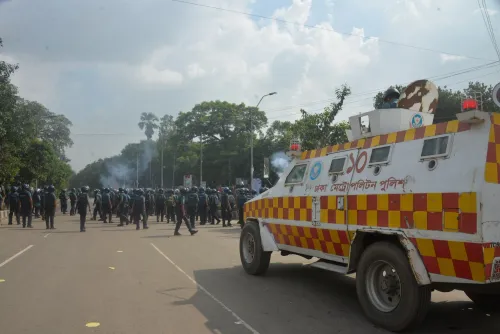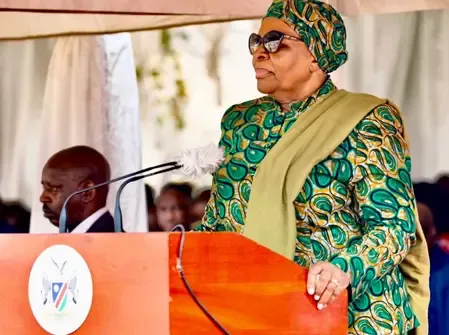Will South Korea's President Lee Reform the Seoul-centric System for Regional Advancement?
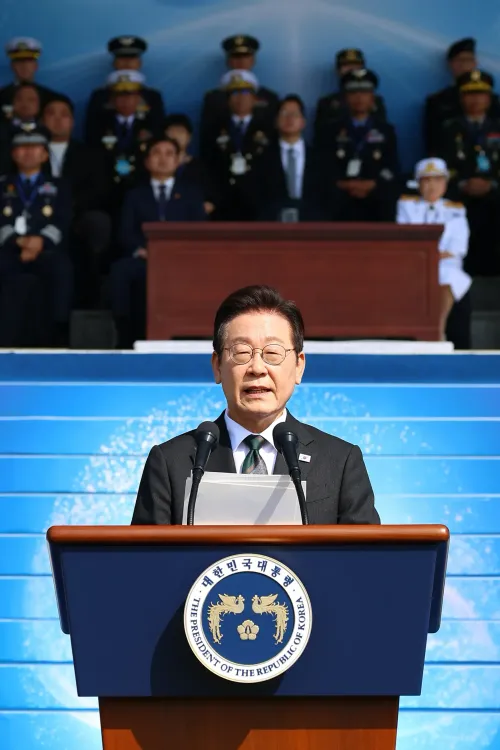
Synopsis
Key Takeaways
- President Lee Jae Myung is committed to reforming the Seoul-centric system.
- Proposed reforms aim to enhance local financial autonomy.
- Relocating public institutions is part of the strategy for regional development.
- Increased subsidies for regions away from Seoul will be included in the budget.
- Measures against hate speech and disinformation are being prioritized.
Seoul, Nov 12 (NationPress) The President of South Korea, Lee Jae Myung, made a commitment on Wednesday to implement significant reforms aimed at dismantling the Seoul-centric system and promoting equitable regional development. This initiative will focus on enhancing local financial independence and the relocation of public institutions.
During his inaugural meeting with regional mayors and governors since assuming office in June, Lee emphasized that collaboration between the central and local governments is crucial, referring to them as "equal partners".
He stated, "Reforming the Seoul-centric system and achieving balanced regional growth is our utmost priority." As reported by Yonhap News Agency, Lee expressed a commitment to accelerating the decentralization of local finances and the transfer of public institutions to regional areas.
Furthermore, Lee announced that next year's budget will include increased subsidies and support for regions located further from Seoul to bolster local autonomy.
According to him, "The scale of local autonomous budgets has increased significantly, from approximately 3.8 trillion won to nearly 10.6 trillion won."
Reflecting on the introduction of the elections-based local government system three decades ago, Lee remarked that much work remains to address the inadequacies in decentralization.
He noted, "There have been serious critiques suggesting that local autonomy has been largely symbolic." The central government aims to collaborate with local authorities to enhance citizens' quality of life and build a promising future for the Republic of Korea.
In a separate address on Tuesday, Lee urged officials to adopt stringent measures against the proliferation of hate speech and misinformation, labeling these offenses as acts that must be eradicated.
During a Cabinet meeting, he underscored that such extreme rhetoric, which is prevalent on social media and other platforms, exacerbates societal anxiety amid increasing polarization.
Lee remarked, "Anachronistic acts of discrimination and hatred based on race, origin, or nationality persist in various segments of our society."
He highlighted that hate speech targeting specific groups is spreading indiscriminately online, while false and manipulated information remains widespread.
These comments come in the wake of rising anti-China protests led by certain conservative factions within South Korea. Last week, the chair of the Korean Red Cross resigned following revelations regarding his previous racist remarks about foreign ambassadors.
Lee condemned these actions as crimes that jeopardize democracy and daily life, urging law enforcement to exert maximum effort to eliminate such behaviors.
He asserted, "Such conduct can no longer be tolerated." He emphasized that these acts surpass the limits of freedom of expression and called for the immediate establishment of mechanisms to penalize hate speech.
Lee concluded by instructing authorities to take comprehensive measures to fundamentally obstruct the spread of fabricated information and urged political circles to collaborate in the fight against hate crimes and misinformation.

